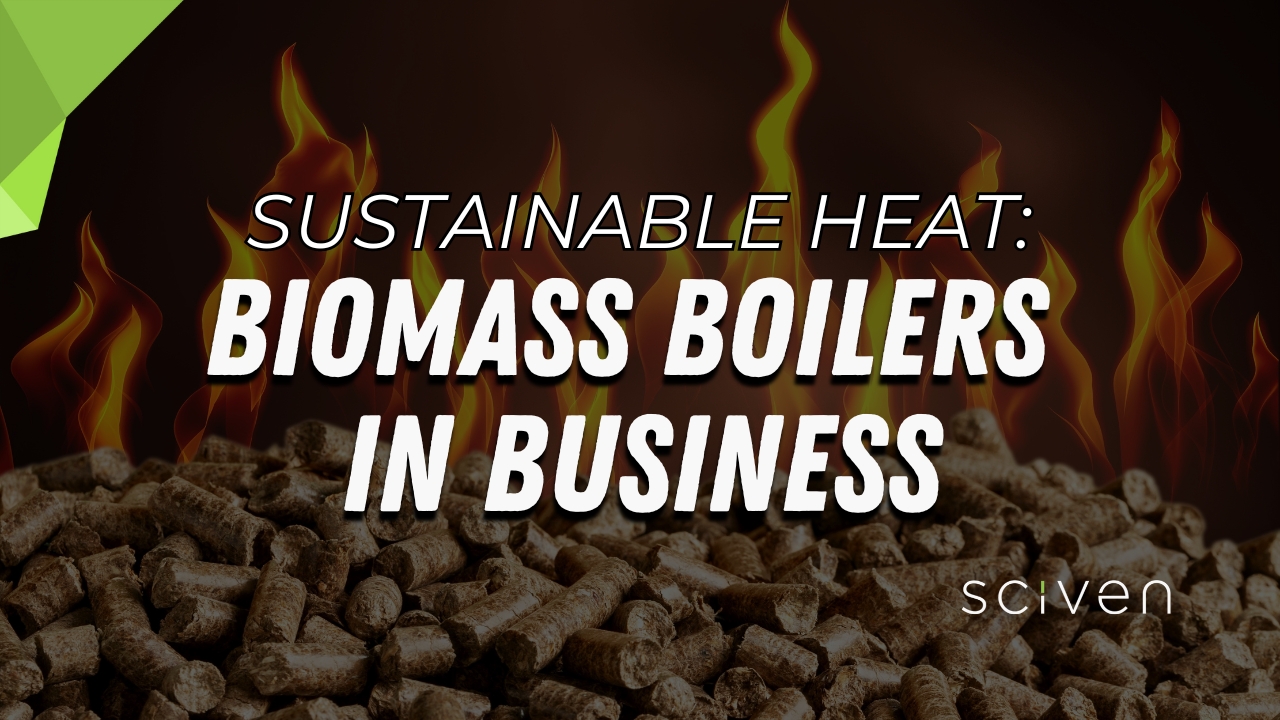Small-Scale Cogeneration Applicability
Small-scale Cogeneration Systems are ideal for environments with space constraints and lower, yet still intensive, energy demands. Their compact and modular design, allows them to be easily integrated into a variety of applications where larger energy systems may not be feasible. Industries that can benefit from this solution include manufacturing facilities, hospitals, energy communities, sports facilities.. among others.
Balancing the Grid: How Demand Response Fuels Europe’s Renewable Push
Within the framework of transitioning to renewable energy across Europe, delving deeply into the concept of demand response is crucial for maintaining grid equilibrium and enhancing eco-friendliness.
Closing the loop: Bioenergy in the Circular Economy
Bioenergy holds great potential in the circular economy by providing a sustainable alternative to traditional energy sources while simultaneously contributing to the efficient use of resources and waste reduction.
Sustainable heat: biomass boilers in business
While fossil fuels have long been the backbone of industrial energy, their environmental and economic costs are becoming increasingly apparent. As a result, businesses are exploring alternatives, with biomass boilers emerging as a frontrunner. But the question remains: Can biomass boilers effectively replace gas boilers without hampering business operations?
Stadiums of the Future: Energy Efficiency in Sports Facilities
The quest for greener stadiums involves tackling high energy consumption, which is a significant aspect of their operational footprint.
From Commodity to Service: The Evolution of Energy with EaaS
n recent years, the Energy-as-a-Service (EaaS) model has been gaining significant traction, making significant changes in the traditional energy sector, where energy used to be treated as a commodity - something that consumers and businesses purchase and use, typically paying based on the amount consumed (like electricity or gas).
Simplifying Biomass Combined Heat and Power
Distributed small-scale biomass-fired combined heat and power (CHP) plants are pivotal in the shift towards renewable energy sources. CHP simultaneously produces heat and electricity from a single energy source. While the source can be fossil fuels, the focus here is on renewable options like biomass.
The 2030 Energy Shift: Insights into the Future Landscape
The energy sector is changing faster than ever before, driven by a range of factors, such as delocalization, decarbonization, demographic shifts, and geopolitical tensions. And the changes are not slowing down anytime soon.
The Role of Collective Buildings in Achieving a Net Zero Future
Collective-use buildings have very high energy demands and they account for over one-third of global energy consumption and emissions, according to the IEA (International Energy Agency) - More efforts are needed related to the energy transition of these buildings to achieve carbon neutrality over the next few decades.
EU’s New Energy Landscape: The path to Decentralized Electricity Markets
The primary concern at hand is determining how Europe can successfully navigate this crisis and ultimately emerge with an economy that is both robust and sustainable. This article delves into the crucial significance of decentralized energy generation in attaining this objective.










